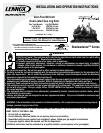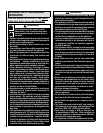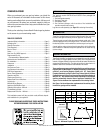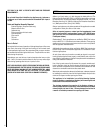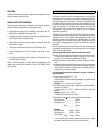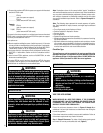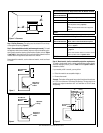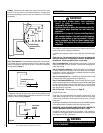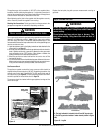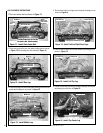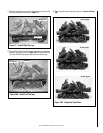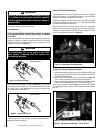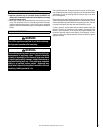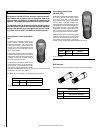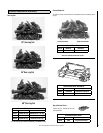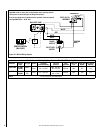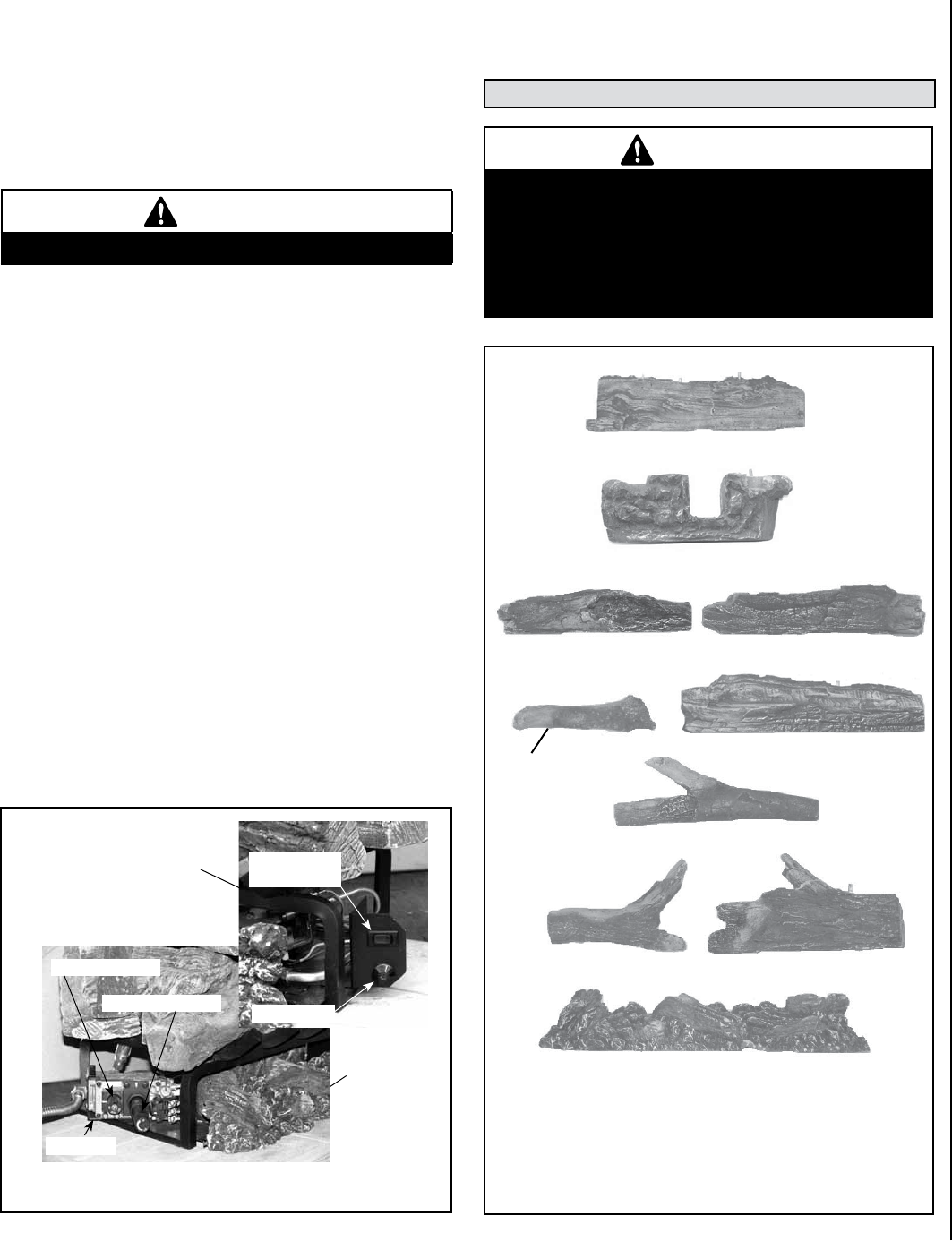
NOTE: DIAGRAMS AND ILLUSTRATIONS ARE NOT TO SCALE.
9
The appliance gas inlet connection is 3/8" NPT at the regulator/valve,
located on the left side facing the appliance. If a right side connection is
required, the connection pipe may be piped under the rear of the appliance
to end at the left hand side for connection to the inlet.
When tightening up the joint to the regulator hold the regulator securely
with a wrench to prevent the regulator from moving.
Checking Gas Connections: Test all gas joints from the gas meter to the
gas appliance regulator for leaks after completing connection.
Figure 9
Replace the test point plug after pressure measurement ensuring no
gas leaks.
WARNING
Never use an open flame to check for leaks.
Turn on gas supply and test for gas leaks using a gas leak test solution (also
referred to as bubble leak solution). Note: Using a soapy water solution
(50% dish soap, 50% water) is an effective leak test solution but it is not
recommended, because the soap residue that is left on the pipes/fittings can
result in corrosion over time.
A. Light the appliance (refer to the lighting instructions label attached to the
control valve or see Page 17).
B. Brush all joints and connections with the gas leak test solution to check for
leaks. If bubbles are formed, or gas odor is detected, turn the gas control
knob (off/pilot/on) to the “OFF” position. Either tighten or refasten the
leaking connection, then retest as described above.
C. When the gas lines are tested and leak free be sure to rinse off the
leak testing solution.
D. Turn on burner then observe the individual tongues of flame on the burner.
Make sure all ports are open and producing flame evenly across the burner.
If any ports are blocked, or partially blocked, clean out the ports.
Gas Pressure Check
The appliance regulator controls the burner pressure which should be
checked at the pressure test point (1/8" NPT plugged tap) located on the
millivolt control valve itself, identified OUT for the manifold side and IN
for inlet pressure (see Figure 9). Ensure operating pressures are within
the limits specified in the technical chart on Page 16.
The pressure should be checked with the gas appliance burning and the
control set to high.
Step 4. PLACING THE LOGS
WARNINGS
Do not add extra logs or ornaments such as pine cones,
vermiculite or rock wool. Using these added items can
cause sooting.
Do not place any lava rock on logs or burners. This
may cause sooting. Only place lava rock on floor of
fireplace.
On/Off
Rocker Switch
Piezo Igniter
Right / Front
of Appliance
Left / Front
of Appliance
Gas Valve
Flame Height Knob
Pilot/On/Off Knob
Middle Log
Left Top Twig
Left Top Log
Right Top Log
Rear Log
Left Front Log
Front Ember Bed
Right Front Log
Rear Ember Bed
Center Top Log
*
The twig indicated is included in the 24" and 30" log sets only.
• The 30" log set also includes 2 ember chunks (shown in Figure
18b)
*
Figure 10 - Log Set



